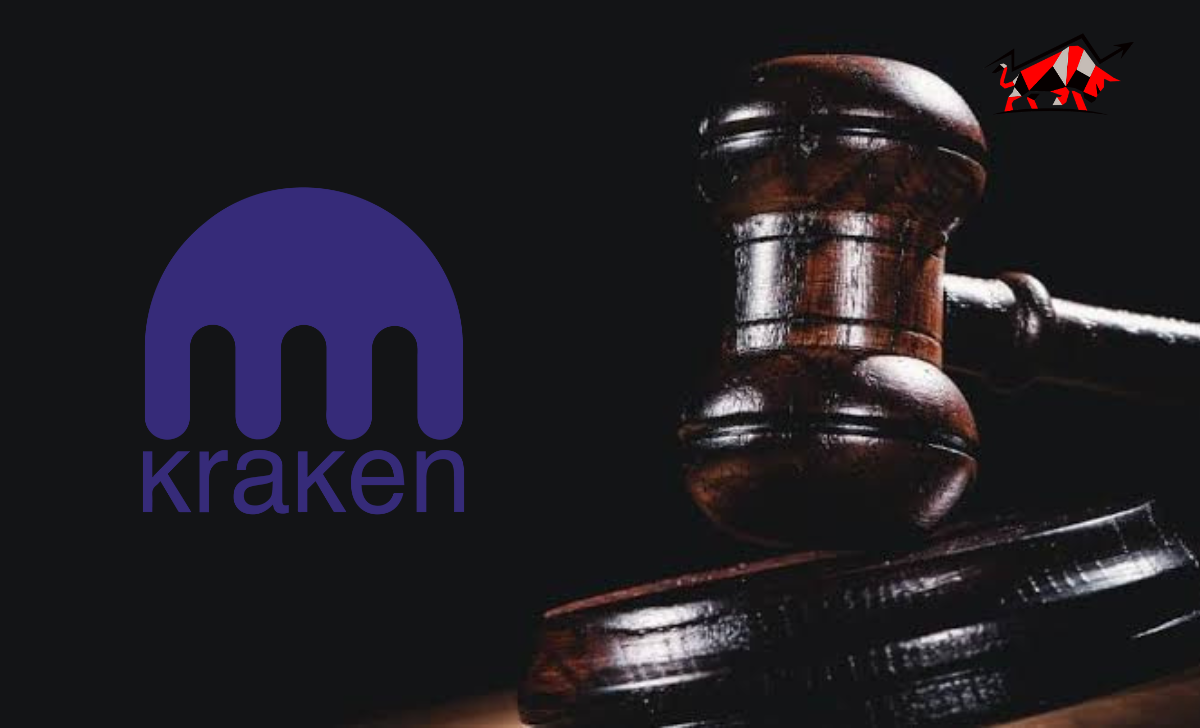Cryptocurrency exchange Kraken has reached an agreement with the United States Securities and Exchange Commission to stop offering staking services or programs to U.S. clients.
In a Feb. 9 announcement, the SEC said it accused Kraken of “failing to register offers and sales of its crypto asset staking-as-a-service program,” which qualifies the commission claims as securities under its jurisdiction. The cryptocurrency company has agreed to suspend operations of its staking program for US clients, paying $30 million in disgorgement, interest in advance and civil penalties.
“Kraken not only offered investors outsized returns untethered to any economic realities, but also retained the right to pay them no returns at all,” said the SEC’S Division of Enforcement director, Gurbir Grewal. “All the while, it provided them zero insight into, among other things, its financial condition and whether it even had the means of paying the marketed returns in the first place.”
The SEC’s complaint alleges that Kraken has been offering cryptocurrency staking services to US users since 2019, promoting it as “an easy-to-use platform and the benefits of Kraken’s efforts on behalf of investors.” However, the commission alleged that Kraken users effectively lost control of their tokens by offering them to the staking program, imparting them with additional risk and “very little protection”.
Kraken said in a Feb. 9 blog post that it would continue to offer staking services to non-US users through a separate subsidiary.
SEC Commissioner Publicly Rebukes SEC Over Kraken Case
The Commissioner of the U.S. Securities and Exchange Commission (SEC) Hester Pierce publicly rebuked her own agency for shutting down cryptocurrency exchange Kraken’s US-based cryptocurrency staking program. The commissioner slammed her agency in a statement titled “Kraken Down,” arguing that regulating law enforcement is not an effective or fair way to regulate an emerging industry. She wrote:
“Today, the SEC shut down Kraken’s staking program and counted it as a win for investors. I disagree and therefore dissent.”
Pierce’s testimony also blasted regulators for shutting down programs that serve people well. Telling people through enforcement action what the law is for an emerging industry is not an effective or fair way to regulate, she added. She went on to explain that staking services are not uniform, so one-off enforcement actions and cookie-cutter analysis will not solve the problem.
Alluding to the regulator’s laziness and paternalism, Peirce suggested that the SEC should initiate a public process to develop a viable registration process that will provide investors with valuable information. Coinbase CEO and co-founder Brian Armstrong echoed Peirce’s comments in a tweet, suggesting that requiring businesses to register its staking services is a “disingenuous offer” as there is no clear path to registration.
The Twitter Community Slams SEC Over Kraken’s Crackdown
Members of the cryptocurrency community seem outraged by recent allegations against cryptocurrency exchange Kraken over its staking-as-a-service program in the United States. The move appears to have drawn the ire of not only the general crypto community, but also investors, politicians, and industry executives.
Cinneamhain Ventures partner and Ethereum bull Adam Cochran called out SEC Chairman Gary Gensler, calling him an agent of the anti-crypto agenda rather than a regulator, and questioned why the same standards weren’t applied to Sam Bankman-Fried and FTX.
Blockchain Association CEO Kristin Smith believes the current situation is a textbook example of why Congress and not the SEC should work with industry players to develop appropriate legislation.
US Congressman Tom Emmer, a longtime critic of Gary Gensler, reiterated the importance of staking in the crypto ecosystem. The lawmaker stated that staking services will play a major role in building the next generation of the internet, arguing that the purgatory strategy will do most harm to ordinary Americans, who may soon be forced to fetch such services offshore.


